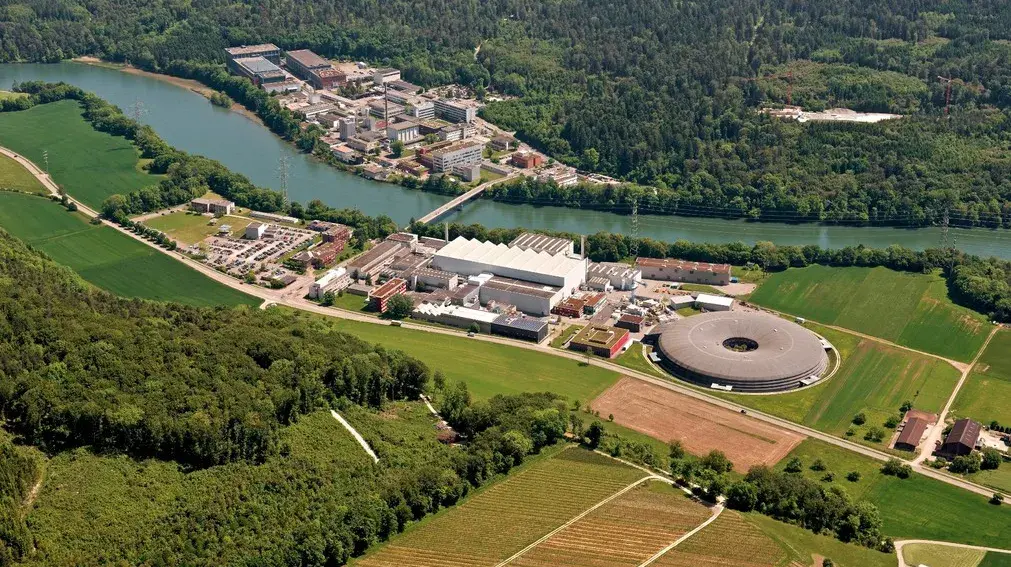Mobility management at PSI - a study to analyze the measures
The project investigates the measures introduced in PSI's mobility management over a period of 3 years by means of several employee surveys. The aim is to continuously improve the mobility management at PSI and to promote sustainable mobility for PSI employees.

Initial situation and objectives
Despite the changing ways of working and lifestyles, where traditional offices are increasingly being replaced by mobile or private workplaces and flexible working time models are becoming more and more common, commuter flows in Europe's urban regions are steadily increasing. The consequences are congestion at peak times, congested public transport, rising costs and environmental impacts such as increased land use, noise and air pollution.
These developments require a rethinking of current mobility strategies to reduce the negative side effects and environmental impacts of current mobility systems. In this respect, PSI has also developed a mobility concept to cope with its own increasing commuter numbers and to create new incentives for sustainable commuting. A package of measures will be implemented, which will be scientifically supported by the ZHAW INE.
As outlined above, the increasing number of commuters also affects PSI, especially with regard to the shortage of parking spaces during peak periods. Furthermore, the PSI, as a unit of the ETH, is subject to federal legislation which enacts regulations on mobility. In this respect, PSI has taken measures with the mobility concept and mobility management to address the parking space problem and federal regulations. The extent to which these measures are achieving their goals must be determined with this accompanying study.
Project schedule
WP1 Preparation and first interview:
In this first phase, the goals and timelines of the project should be finalized together with the client. Subsequently, an online questionnaire will be created to record the mobility behavior and needs of commuters at PSI. Questions on modal split, satisfaction with the commuting situation, openness to bicycle commuters/foot traffic, evaluation of the proposed mobility management measures, as well as other questions discussed with the client will be integrated into the questionnaire. The questionnaire will then be distributed to the employees by PSI shortly after the start of the mobility measures. Upon receipt of the completed questionnaires, it will be analyzed and compared with previous surveys. A short report shows the satisfaction of the employees with the implemented measures, their effects on the modal split as well as the parking situation and other parameters.
WP2 Second survey one year after the first survey was conducted:
This survey serves to record the medium-term effects of the packages of measures and is conducted as in phase 2. The steering measures of PSI should achieve a long-term effect. Often, however, the changes in behavior can only be measured for a short period of time and thus do not lead to the desired results. This second survey is intended to show PSI whether the measures will bring about a significant and lasting improvement in the mobility situation after one year.
WP3 Third survey two years after the first survey was conducted:
This last survey serves to record the long-term effects of the packages of measures and is conducted in the same way as in phase 2. With this survey, a monitoring period of 2 years is achieved, which allows an estimation of the efficiency of the mobility management by comparison with the previous surveys. In addition, trends are made visible and forecasts for the following years are possible.
At a glance
Participating Institutes ZHAW:
Project Leader ZHAW:
Staff Members ZHAW INE:
- Dr. Andrea Del Duce
Project Status:
- ongoing